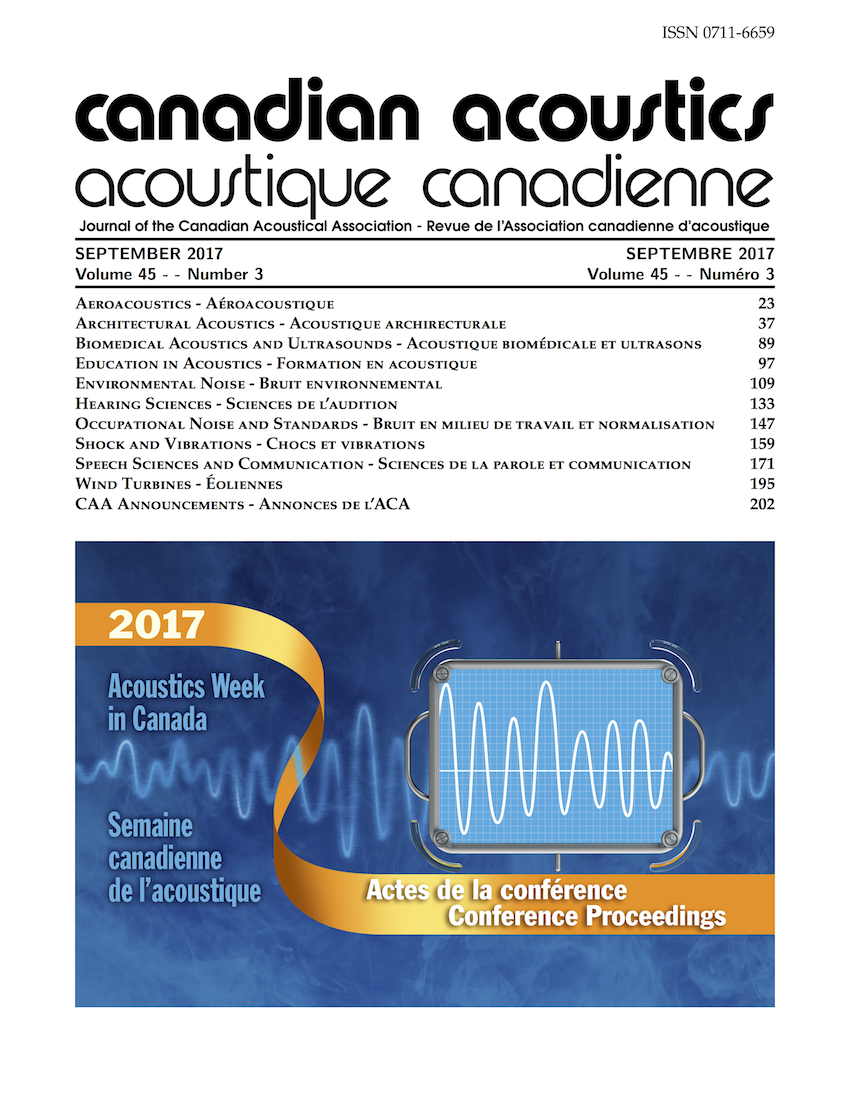The role of inhibition in older and younger adults’ lexical competition
Abstract
With age, uncertainty becomes more pronounced in speech perception; it becomes harder to recognize words in noise (Helfer & Freyman, 2014) and to inhibit similar sounding high-frequency lexical competitors (Revill & Spieler, 2012). Similar to McMurray, Munson, and Tomblin (2014), we contrast lexical competition and speech perception, but in older and younger adults, because older adults have weaker encoding of some phonetic contrasts (Anderson, Parbery-Clark, White-Schwoch, & Kraus, 2012; Bidelman, Villafuerte, Moreno, & Alain, 2014) and greater lexical effects than younger adults (Mattys & Scharenborg, 2014; Revill & Spieler, 2012). The lexical bias found in older adults (Mattys & Scharenborg, 2014) could be indicative of decreased lexical inhibition, which would result in increased activation among lexical competitors. Indeed, Sommers and Danielson (1999) found that older adults had greater difficulty than younger adults recognizing words with many semantic neighbours, suggesting that older adults exhibit difficulty inhibiting competitors. Using the visual world paradigm, we investigated the role of inhibition, lexical competition and phonetic sensitivity for word recognition in younger (n=28) and older adults (n=27). We manipulated voice onset time and included a phonological competitor to the target to contrast the effects of lexical competition and phonetic sensitivity. To measure domain-general inhibition, participants completed a Simon task. Results from a mixed-effects linear regression on discrimination score (difference between looks to the target image and to the competitor) suggest that all listeners have better discrimination for less ambiguous stimuli, but individuals with poorer inhibition were more affected by stimulus ambiguity (Continuum step x Inhibition: Beta=0.12, t(54)=2.4, p=0.02). Additionally, younger adults with poorer inhibition are less distracted by weak competitors, but more distracted by strong competitors than those with better inhibitory abilities (Continuum step x Inhibition x Age Group: Beta=0.28, t(54)=2.77, p=0.008). These results suggest that older and younger adults perform similarly when distinguishing between competitors, and that individual ability to inhibit competitors informs word recognition behaviour as speech ambiguity increases. This provides evidence that older and younger adults employ different strategies when resolving lexical competition, as inhibitory ability plays a different role across the two age groups. [Full references included in supplementary material]
Additional Files
Published
How to Cite
Issue
Section
License
Author Licensing Addendum
This Licensing Addendum ("Addendum") is entered into between the undersigned Author(s) and Canadian Acoustics journal published by the Canadian Acoustical Association (hereinafter referred to as the "Publisher"). The Author(s) and the Publisher agree as follows:
-
Retained Rights: The Author(s) retain(s) the following rights:
- The right to reproduce, distribute, and publicly display the Work on the Author's personal website or the website of the Author's institution.
- The right to use the Work in the Author's teaching activities and presentations.
- The right to include the Work in a compilation for the Author's personal use, not for sale.
-
Grant of License: The Author(s) grant(s) to the Publisher a worldwide exclusive license to publish, reproduce, distribute, and display the Work in Canadian Acoustics and any other formats and media deemed appropriate by the Publisher.
-
Attribution: The Publisher agrees to include proper attribution to the Author(s) in all publications and reproductions of the Work.
-
No Conflict: This Addendum is intended to be in harmony with, and not in conflict with, the terms and conditions of the original agreement entered into between the Author(s) and the Publisher.
-
Copyright Clause: Copyright on articles is held by the Author(s). The corresponding Author has the right to grant on behalf of all Authors and does grant on behalf of all Authors, a worldwide exclusive license to the Publisher and its licensees in perpetuity, in all forms, formats, and media (whether known now or created in the future), including but not limited to the rights to publish, reproduce, distribute, display, store, translate, create adaptations, reprints, include within collections, and create summaries, extracts, and/or abstracts of the Contribution.


